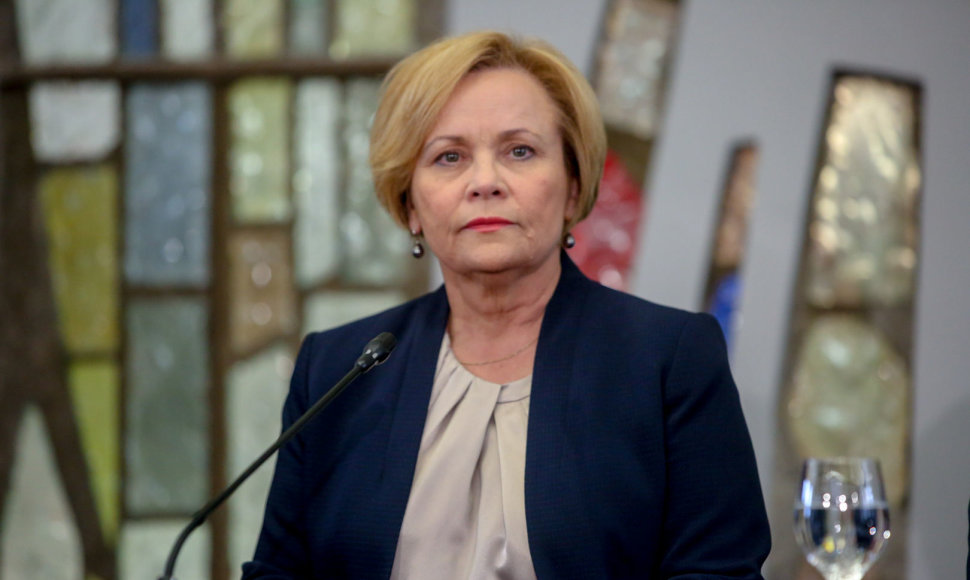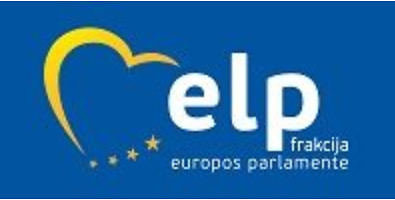The Parliament will also debate and express its views today about an entirely new document, the EUR 750 billion European Economic Recovery Plan.
"On Tuesday, the European Council (EUCO) reached a crucial agreement on both the EU's multiannual budget and this new recovery fund, triggered by the Covid-19 pandemic. There were many concerns expressed in Parliament about how the funds would be used: will it be used for day to day social needs or will it be invested in the future?" - Rasa Juknevičienė, Member of the European Parliament, said.
The final version of the recovery plan will anyway only become apparent after the parliaments in all EU countries approve it
Parliament will consider and adopt a resolution proposed by five EP political groups on the new multiannual financial framework, own resources and recovery plan, which opposes the EU's draft multiannual budget and plan.
"EP groups are concerned about cuts in the European Union's financial framework programmes for research, youth employment and education even though the EU institutions have set clear guidelines that funds should focus on innovation, digitalisation, the green economy and reduction of social exclusion between regions. Therefore, the resolution submitted to the Parliament seeks to draw attention to the general priorities for financing the EU budget, ”said MEP R. Juknevičienė.
The above-mentioned resolution on the new multiannual financial framework, member states’ resources and recovery plan also raises concerns about budgetary stability, as the injection of large sums into countries' economies will have a short-term effect on economic recovery, but this money cannot be seen as additional. It is essential to ensure the stability of the EU budget so that it is not weakened and is resilient against the new crises. MEPs also call on EU leaders and the Commission to take decisive decisions on the reform of the EU's own resources system, in other words, to review the sources and level of contributions to the EU budget.
In the resolution, Parliament called for priority to be given to investing in the Green Course, the Digital Agenda and ensuring European independence in strategic sectors. It is proposed to create a new separate European health programme.
It is expected that the substantial economic recovery package will mobilise strategic investments to support small and medium-sized enterprises, increase employment opportunities and mitigate the effects of the crisis on workers, consumers and families.
R. Juknevičienė, who is also a former Lithuanian Minister of Defence criticises European Council proposal on military mobility: "Parliamentarians from many European Union countries criticise this provision. In our group, there was a lot of criticism of the European People's Party yesterday about the EU's cuts in defence, including military mobility. Although EUR 1.5 billion funding was retained (initially there were proposals to abolish it), but this is a very small amount which does not fully meet the needs of the EU, as it has to be said that today the EU's infrastructure is not ready to respond quickly to military threats. "
"The EU Budget and the Reconstruction Fund include huge financial resources, so I hope that the Lithuanian people will elect a Seimas (parliament), which will understand that the EU's billions must not be spent on quick fix solutions but on building Lithuania's future. The EU institutions also emphasise that funds must be allocated not only for economic recovery but also for investments aimed at the future – for following generations,”said R. Juknevičienė.













